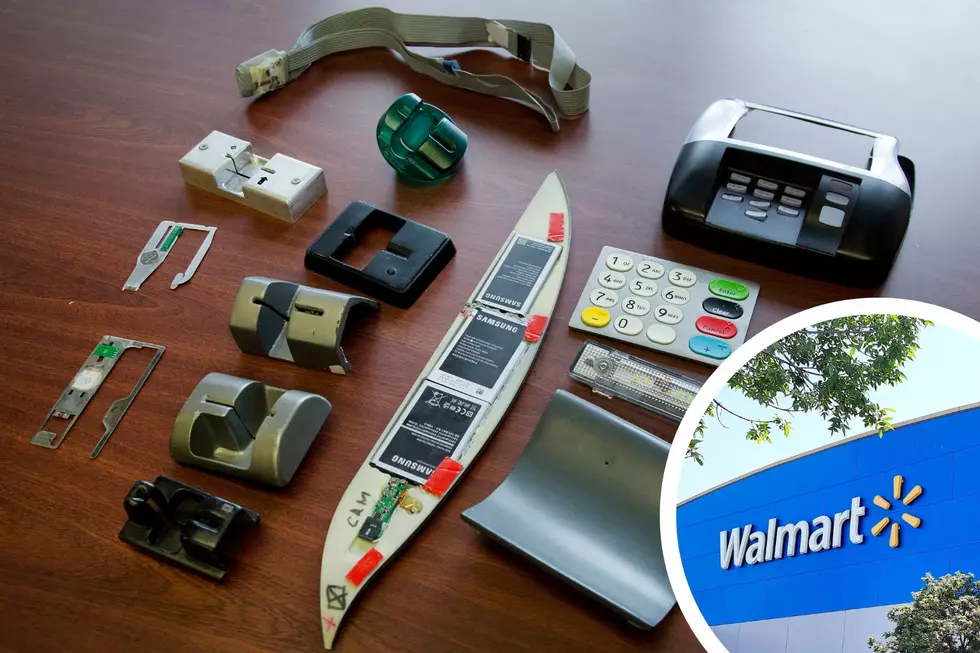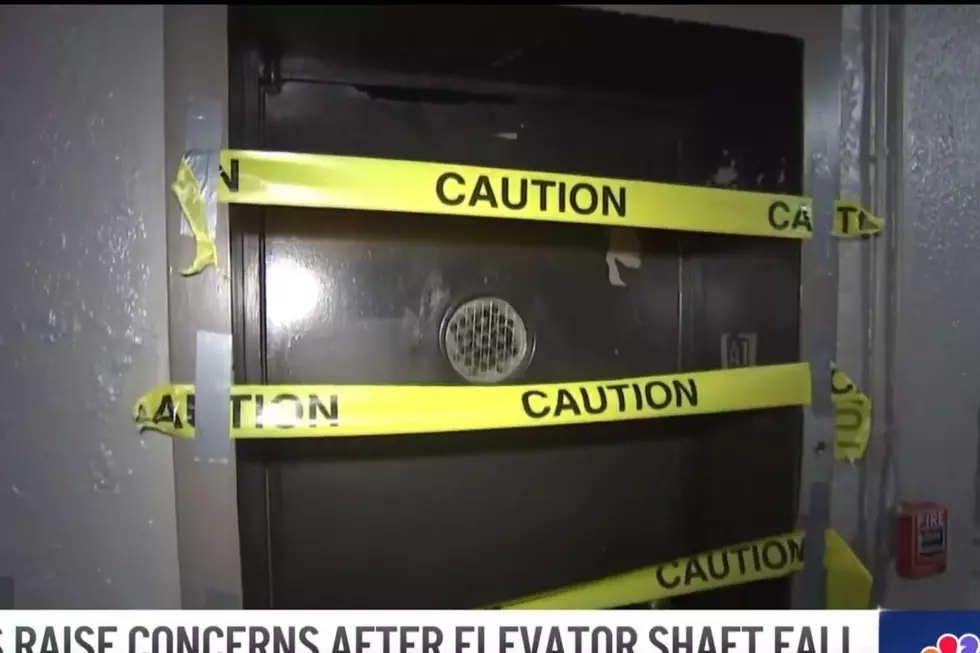
Can your phone teach you how to drive better? NJ company says yes
HOBOKEN — For decades, evolving technologies in both commercial and family vehicles have made it easier to evaluate individual drivers' habits. Many of those innovations are now standard in makes and models from Mercedes-Benz to Nissan.
But a New Jersey-based company is taking the next step by forgoing these sensors within the cars themselves and tethering them to a driver's smartphone.
Sfara CEO Erik Goldman said businesses and consumers can reap the rewards of this software by gaining back valuable time and money previously spent installing these upgrades in the vehicles. Because of that, his company has been able to penetrate markets in which the advanced technology was too cost-prohibitive, and instead deploy it virtually overnight.
"With some pretty clever software engineering, we can harness the power of these devices, and in many cases replicate the capability that previously required hardware," he said, adding that Sfara (the name of which the company stylizes in all lowercase letters, "sfara") is already piloting its concepts in 17 different countries.
Using the sensors already contained within a smartphone or tablet, Sfara can monitor aggressive braking, acceleration, and cornering, as well as fuel economy and even when an accident occurs — in that last case, Goldman said, even more accurately than longstanding driver aids like OnStar.
And because the resulting calculations are tied to the driver and not the vehicle, mechanical abnormalities that might otherwise play a role can be ruled out. That element is especially helpful, Goldman said, to commercial fleets and insurance agencies, and can even help coach commercial drivers.
"Working with players in the insurance industry, there's an awareness today of what kind of behavior typically leads to (a) higher risk and more probability of an insurance claim," he said.
There is one more group that may find what Sfara is offering to be a useful tool: parents hoping to keep tabs on their young drivers, whether those kids are still learning or have already gotten their licenses.
"In the family case, the person is moving from vehicle to vehicle, and this potentially life-saving capability is attached to that individual, which is very powerful," Goldman said.
Patrick Lavery produces "New Jersey's First News" and is New Jersey 101.5's morning drive breaking news reporter. Follow him on Twitter @plavery1015 or email patrick.lavery@townsquaremedia.com.
More from New Jersey 101.5:
More From New Jersey 101.5 FM









